Human Resource Professional: Powerful Reasons They Drive Business Success
Human Resource Professional: Powerful Reasons They Drive Business Success
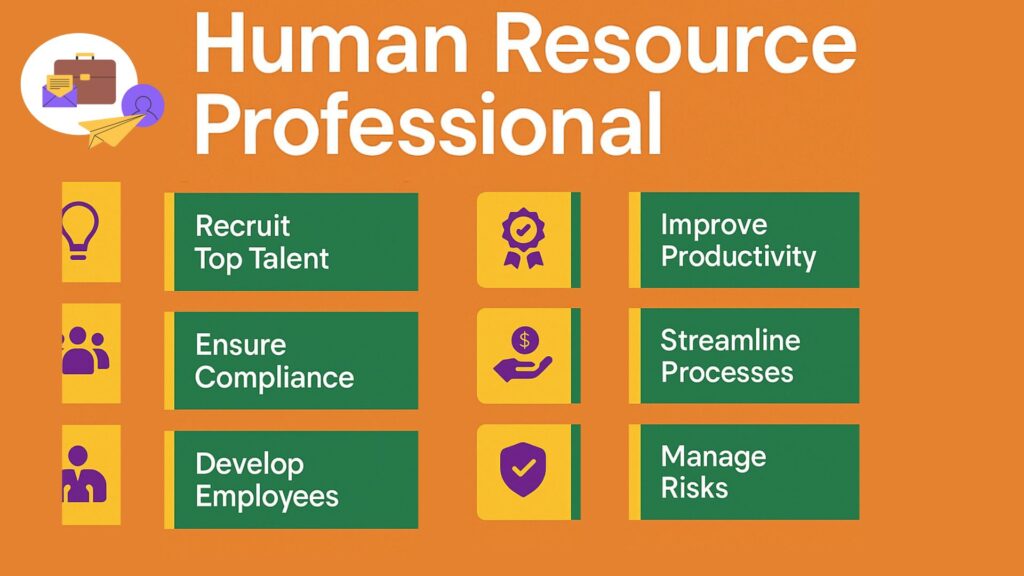

Table of Contents
The Rising Importance of the Human Resource Professional
In today’s fast-paced corporate landscape, the human resource is more than just a behind-the-scenes operator. They are the heart of strategic growth, culture-building, and long-term sustainability.
Companies that prioritize their human resource function often outpace competitors in retention, morale, and innovation.
1. Strategic Talent Acquisition
Hiring the right people is more science than guesswork. A skilled human resource professional knows how to attract top talent by analyzing job requirements and aligning them with organizational goals.
They understand not only who to hire but why, when, and how.
2. Building a Positive Workplace Culture
An inclusive, engaging workplace culture doesn’t happen by accident. The human resource professional crafts programs and policies that foster collaboration and trust.
Through conflict resolution, DEI initiatives, and wellness campaigns, they shape how people feel about coming to work.
3. Enhancing Employee Engagement
Disengaged employees cost companies billions annually. The resource professional bridges this gap by implementing feedback systems, recognition platforms, and development opportunities.
They track engagement metrics and use the data to build actionable plans.
4. Compliance and Risk Management
With ever-changing labor laws and workplace regulations, the human resource ensures the company stays compliant and avoids costly lawsuits.
From drafting legally sound handbooks to managing sensitive investigations, they handle high-stakes tasks with precision.
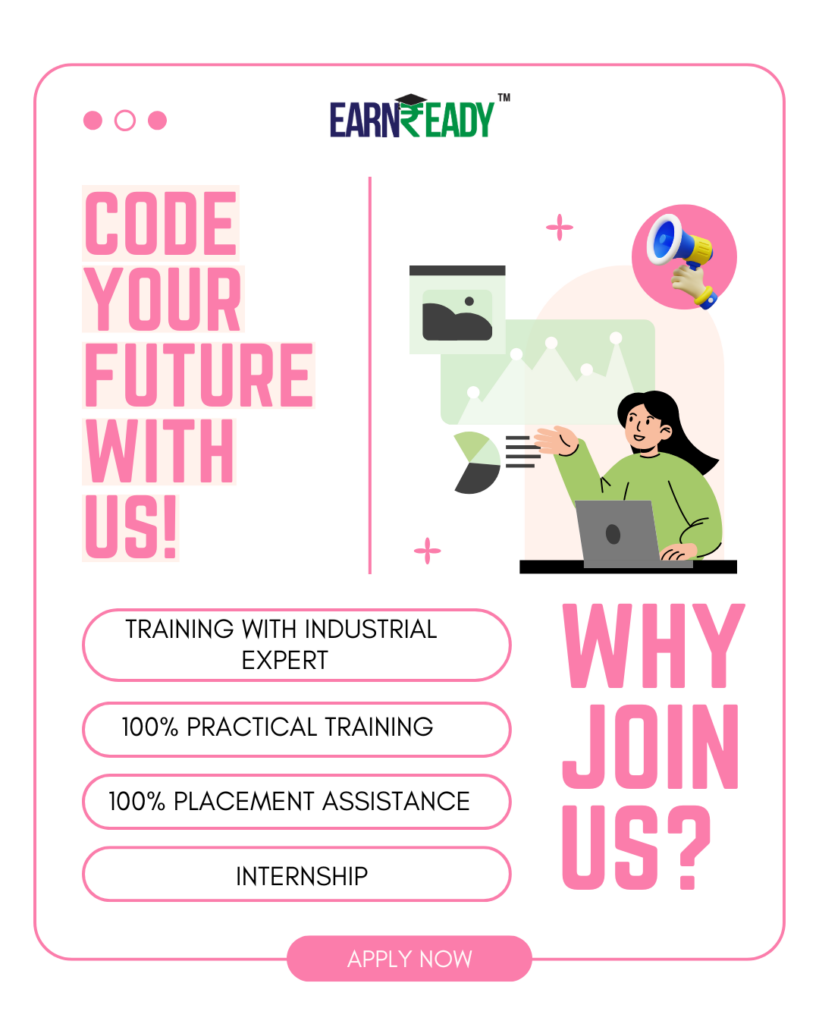
5. Learning and Development Strategy
Employees crave growth. The human resource profession builds training roadmaps that enhance skills and career potential.
These development initiatives drive productivity, boost morale, and create internal promotion pipelines.
6. Compensation and Benefits Optimization
Offering competitive pay isn’t enough. The human resource profession designs total rewards systems that align with market trends and employee expectations.
By balancing cost-efficiency with value, they maximize retention and satisfaction.
7. Performance Management Programs
Performance reviews can feel outdated and awkward without the right structure. The human resource profession implements performance management systems that are data-driven and fair.
They help managers set goals, provide coaching, and ensure accountability.
8. Employer Branding and Recruitment Marketing
In a digital world, brand matters. The human resource profession builds an employer brand that attracts top talent through compelling messaging and social proof.
They partner with marketing teams to make the company a place people want to work.
9. Diversity, Equity, and Inclusion (DEI)
The human resource profession leads the charge on DEI efforts by creating fair hiring practices and equitable workplace policies.
They analyze demographic data, run inclusive training, and measure progress through tangible metrics.
10. Crisis Management and Adaptability
From global pandemics to economic shifts, crises test every organization. The human resource profession plays a critical role in leading the response.
They communicate clearly, support remote work transitions, and sustain morale through turbulent times.
Digital Transformation of HR Functions
Technology is reshaping the HR landscape. The human resource profession is no longer paper-bound but equipped with digital tools like AI-driven ATS, LMS platforms, and performance analytics.
They embrace automation to free up time for strategic planning.
Data-Driven Decision Making
Modern HR isn’t guesswork—it’s guided by data. The human resource profession uses metrics like time-to-hire, turnover rate, and employee NPS to inform decisions.
With dashboards and KPIs, they turn people data into actionable business insights.
Championing Mental Health and Well-being
Employees perform best when they feel supported. The human resource profession champions mental health initiatives, offering flexible schedules, therapy options, and wellness incentives.
They normalize conversations around stress, burnout, and balance.
Facilitating Organizational Change
Change is inevitable. Whether it’s restructuring, mergers, or leadership transitions, the professional manages communication and change management plans.
They minimize disruption and foster employee buy-in.
Succession Planning and Leadership Development
Future-proofing an organization requires foresight. The human resource profession identifies and grooms high-potential talent for leadership roles.
They ensure that when key positions open, internal candidates are ready to step in.
International Workforce Management
As companies go global, the human resource profession navigates cross-border compliance, cultural norms, and time zone challenges.
They build scalable policies that respect local laws and values.
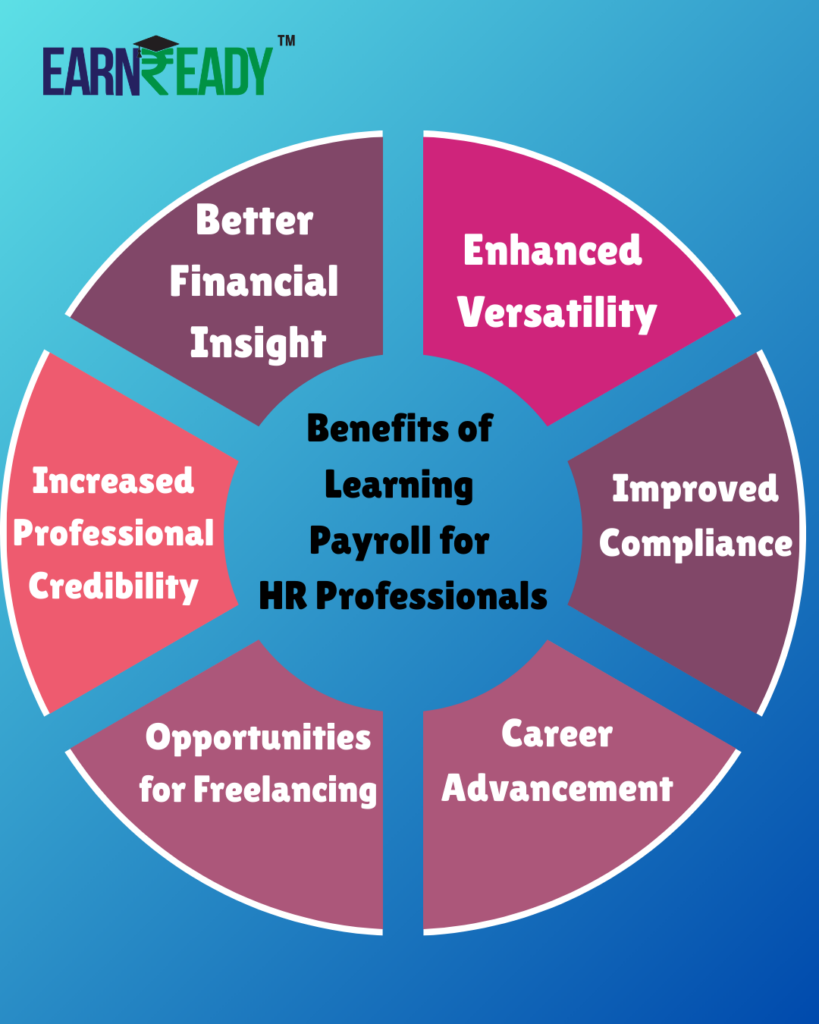
Customizing HR Solutions for Different Generations
Boomers. Gen X. Millennials. Gen Z. Each generation has unique needs. The human resource profession tailors benefits, communication styles, and career paths to each group.
This personalization improves retention and workplace harmony.
Conflict Resolution and Mediation
Workplace tension can derail productivity. A seasoned human resource profession resolves conflicts fairly and discreetly.
They mediate disputes and create mechanisms for open feedback.
Promoting Ethical Leadership
Integrity starts at the top. The human resource profession encourages ethical behavior by setting standards, training leaders, and enforcing codes of conduct.
They ensure the workplace operates with transparency and accountability.
Leveraging Remote Work Models
Remote work isn’t a trend—it’s a staple. The human resource profession implements hybrid policies, manages virtual teams, and maintains a strong remote culture.
They focus on communication tools and results-driven evaluations.
Gamification of Training and Onboarding
The human resource profession enhances onboarding and training through gamification techniques that increase retention and engagement.
From interactive quizzes to badges, they make learning enjoyable and effective.
Leading Through Economic Downturns
During recessions or budget cuts, the human resource profession helps make tough decisions with empathy.
They prioritize workforce planning and transparent communication.
Aligning HR Goals With Business Objectives
HR isn’t a silo. The human resource profession ensures every initiative aligns with broader business goals—whether it’s boosting innovation or cutting costs.
They work closely with executives to measure ROI on people investments.
Staying Ahead of Legal Changes
Labor laws shift constantly. The human resource professional tracks these updates and adjusts policies accordingly, ensuring full compliance.
From remote work tax issues to discrimination laws, they remain vigilant.
Reinventing the Onboarding Experience
The first days matter. The human resource professional redesigns onboarding to be immersive, digital, and personalized.
They build stronger early connections between new hires and the company
HR Analytics for Predictive Insights
It’s not just about past data. The human resource professional uses predictive analytics to forecast turnover, hiring needs, and engagement shifts.
They proactively solve problems before they surface.
Emotional Intelligence in Leadership
The human resource professional trains leaders to practice empathy, active listening, and emotional regulation.
These skills foster healthier teams and higher retention.
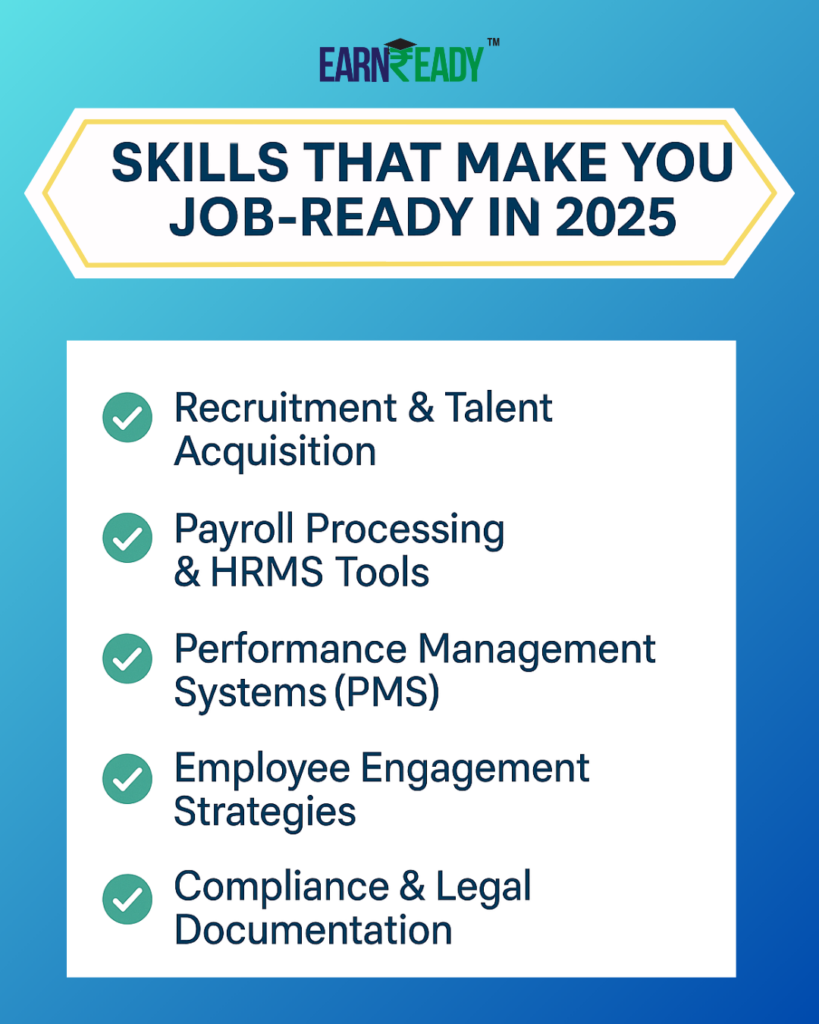
Managing Freelancers and Gig Workers
The human resource professional extends policies to include contingent workers, ensuring they’re integrated, protected, and productive.
They handle contracts, IP issues, and fair compensation.
Cybersecurity Awareness and Policy
HR data is sensitive. The human resource professional partners with IT to develop protocols that safeguard employee information.
They lead phishing trainings and access control measures.
Measuring Employee Lifecycle Success
From hire to exit, the human resource professional monitors each stage of the employee journey.
They optimize touchpoints to improve satisfaction and reduce churn.
Celebrating Milestones and Achievements
Recognition is powerful. The human resource professional builds programs to celebrate work anniversaries, promotions, and personal wins.
These moments increase loyalty and morale.
Collaboration With Finance and Operations
A true human resource professional doesn’t work in isolation. They collaborate with finance on budgets, with operations on planning, and with leadership on vision.
They act as a connector across departments.
Building Trust in the Leadership Team
Trust builds strong teams. The human resource professional facilitates leadership transparency through open forums, feedback channels, and ethical policies.
They coach leaders to be more approachable and authentic.
Mastering HR Technology Stacks
The modern human resource professional is tech-savvy. They manage HRIS platforms, e-signature tools, and virtual engagement apps.
They constantly evaluate new tools to enhance the employee experience.
Cross-Functional Leadership
More than just HR—today’s human resource professional wears many hats. They lead initiatives in sustainability, innovation, and community outreach.
They think big and act boldly.
Driving Organizational Resilience
Turbulence reveals strength. The human resource professional builds resilience by supporting agility, upskilling, and mental preparedness.
They create playbooks for the unexpected.
Final Thoughts on the Human Resource Professional
The modern human resource professional is a strategist, a culture curator, a compliance expert, and a tech innovator. Their impact is both measurable and transformative.
From recruitment to retention, every business need touches HR—and those who master it gain a lasting advantage.

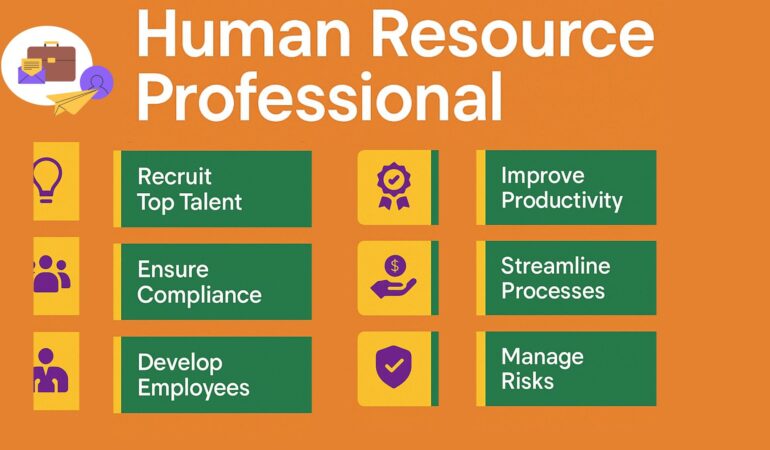
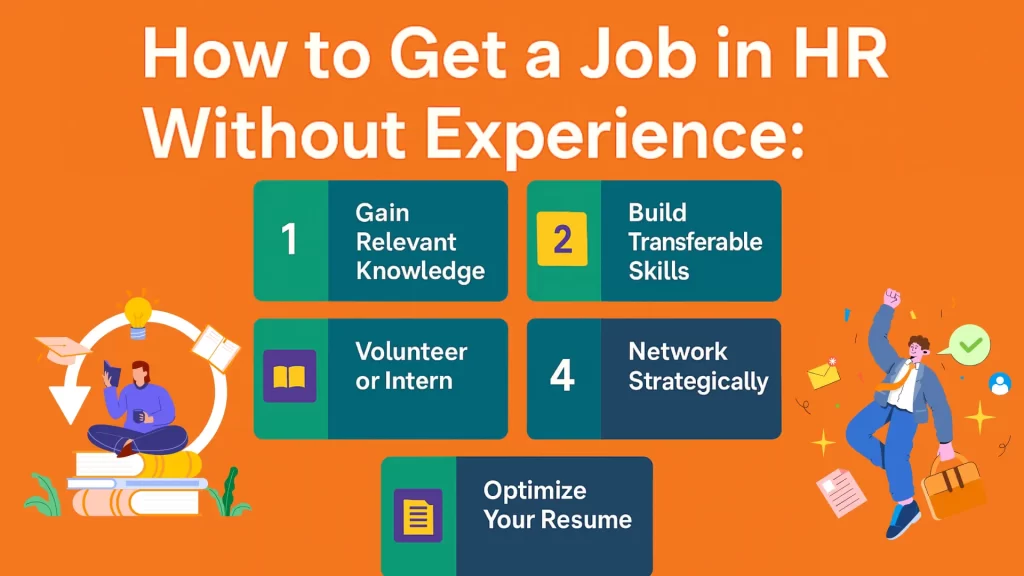
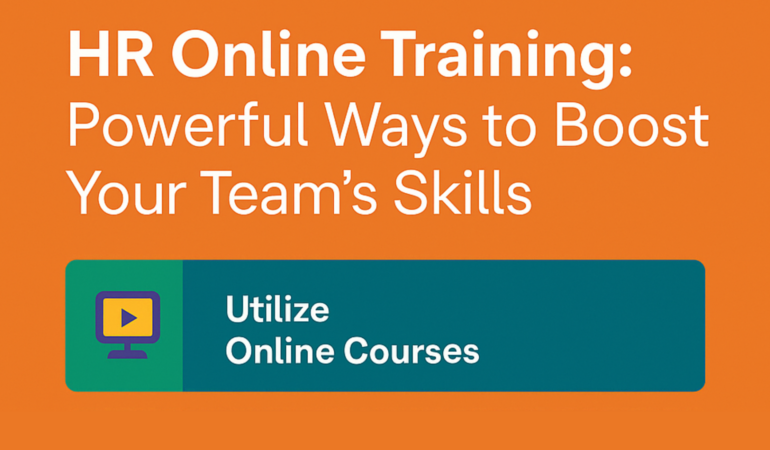

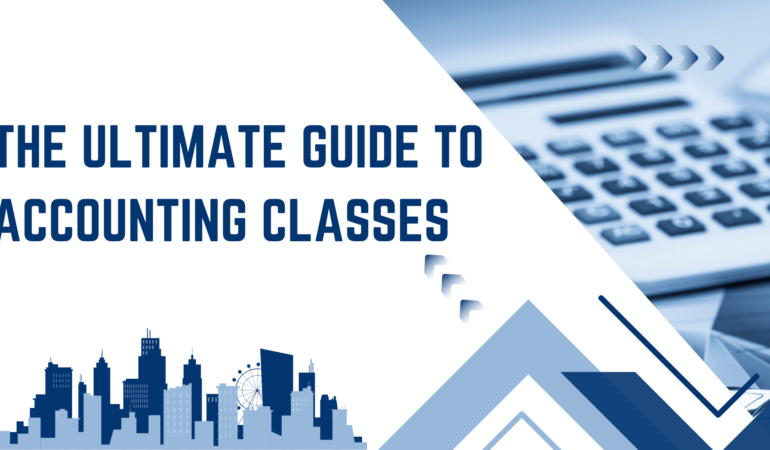
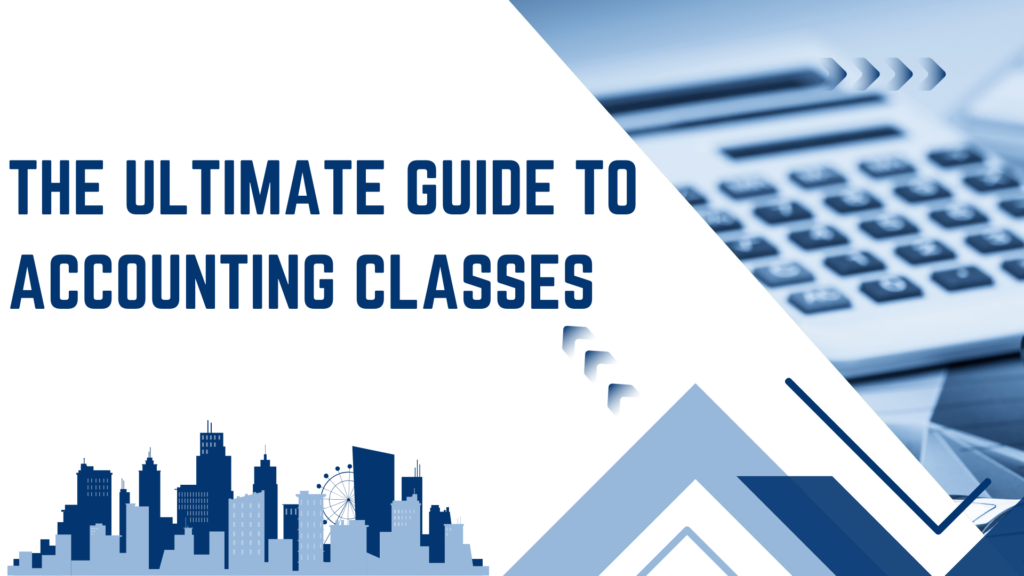
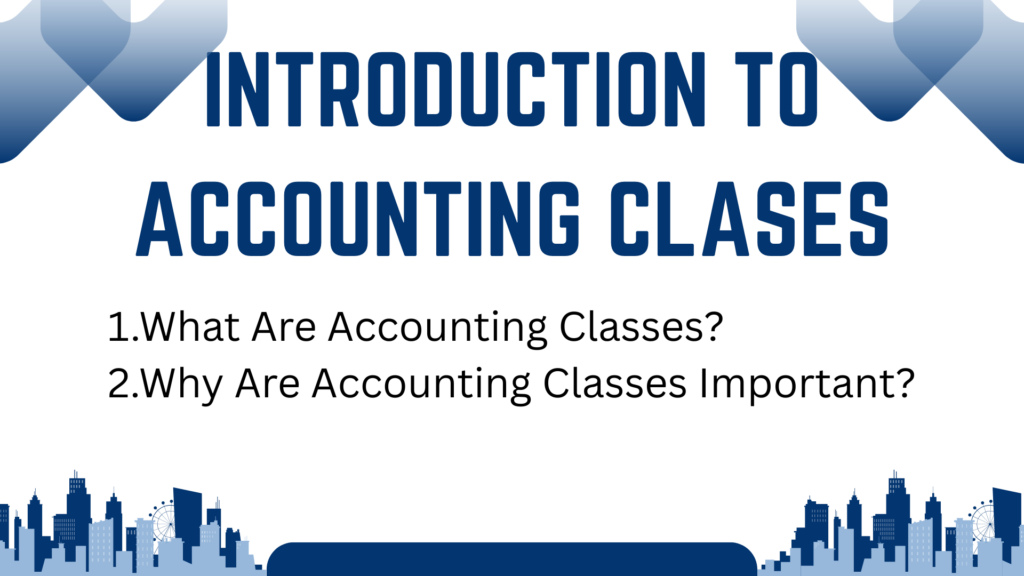
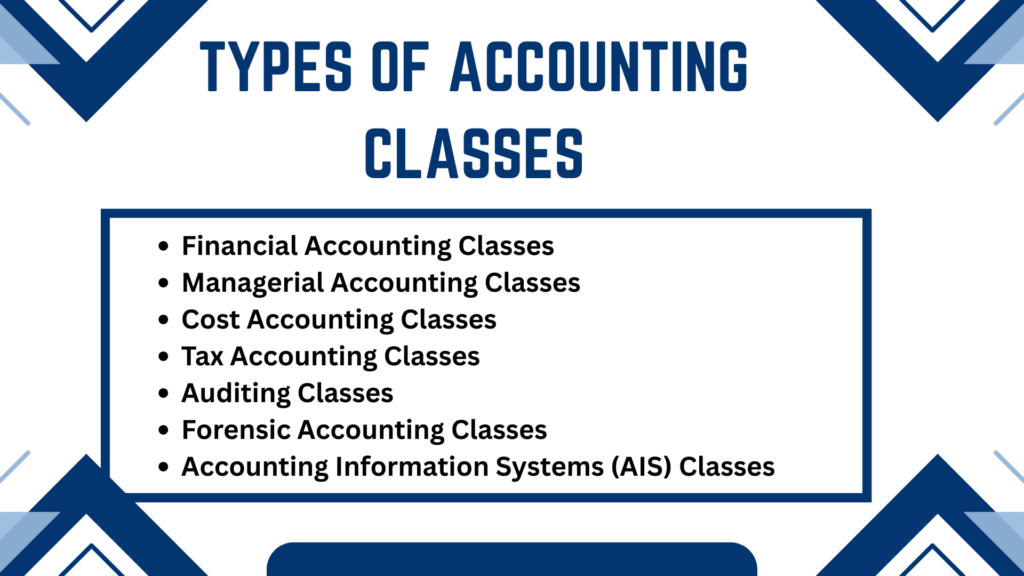
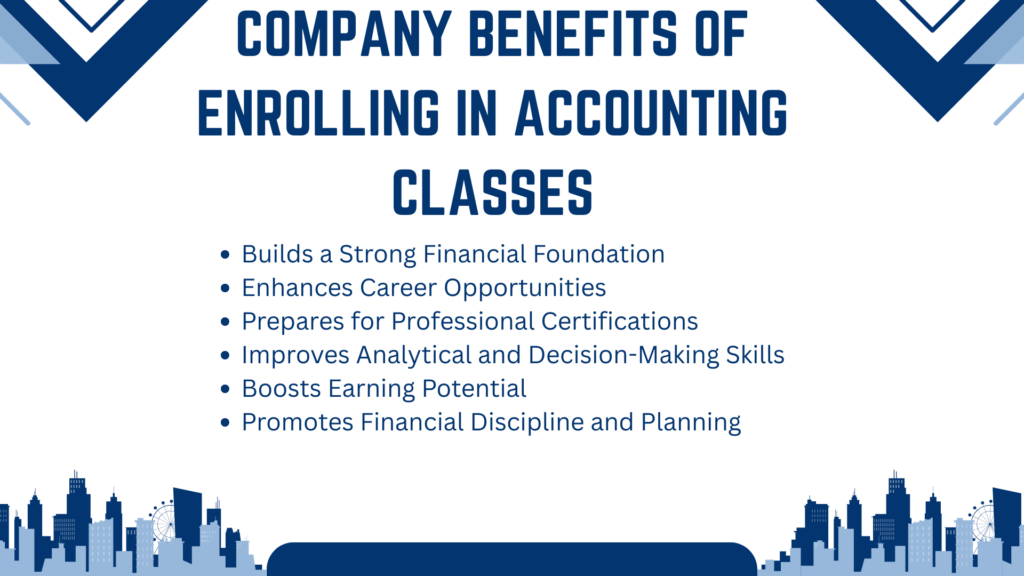
![Cash Sales: Master Cash Sales in Tally Easily [2025 Guide]](https://earnready.com/wp-content/uploads/2025/04/ChatGPT-Image-Apr-28-2025-03_22_39-PM.webp)
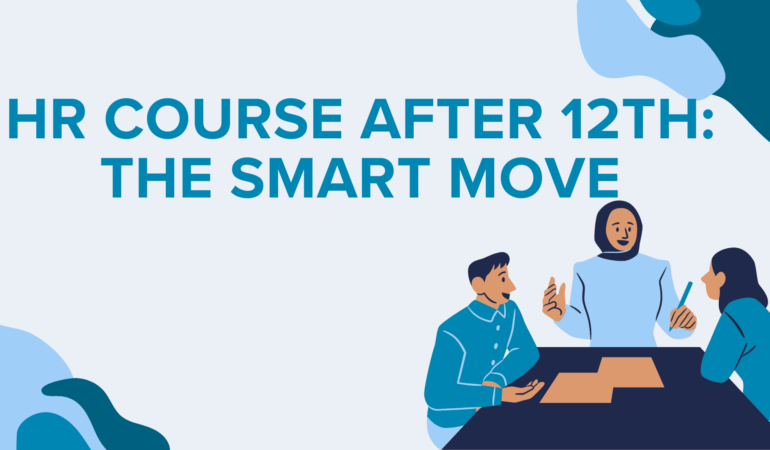
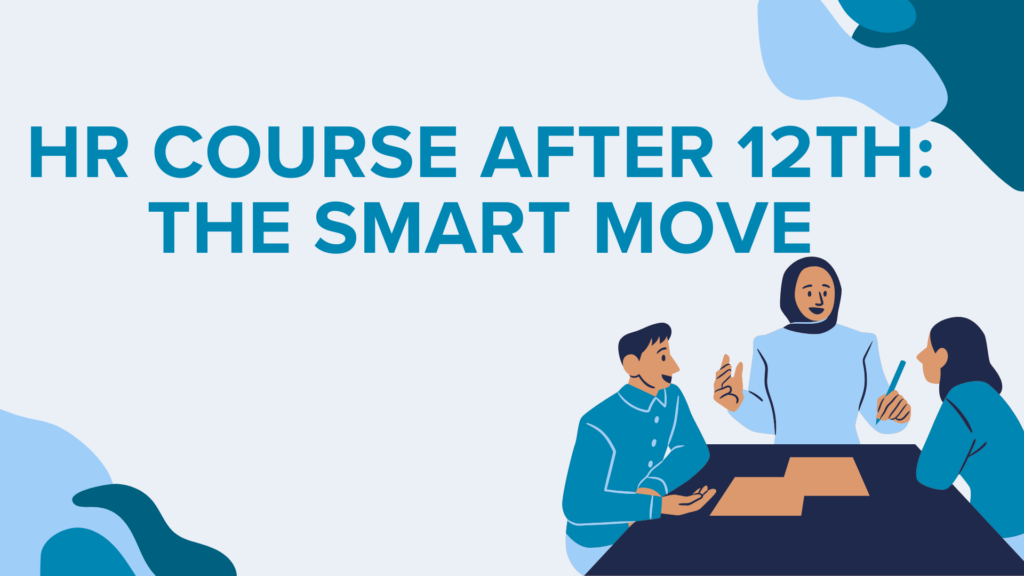
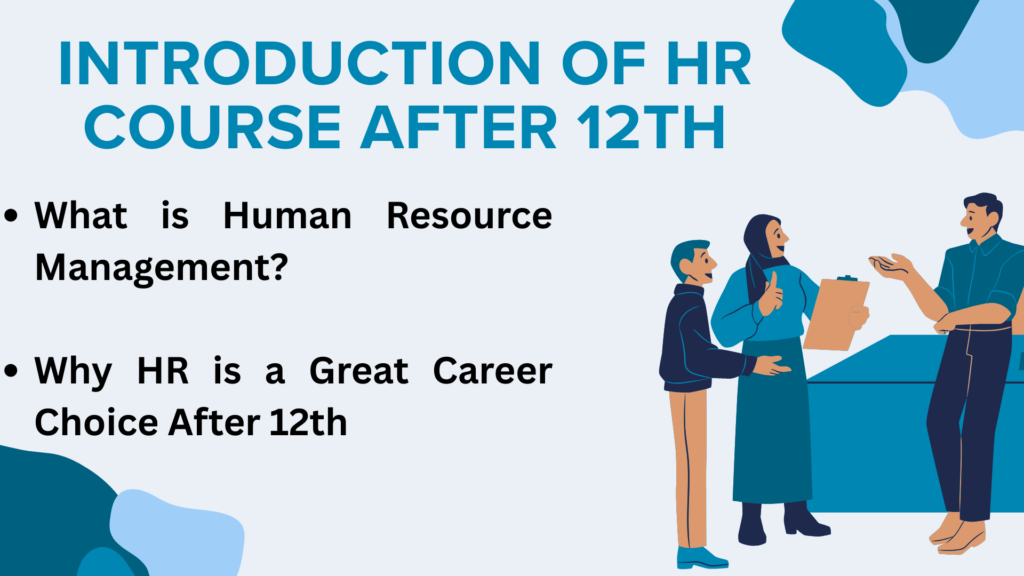
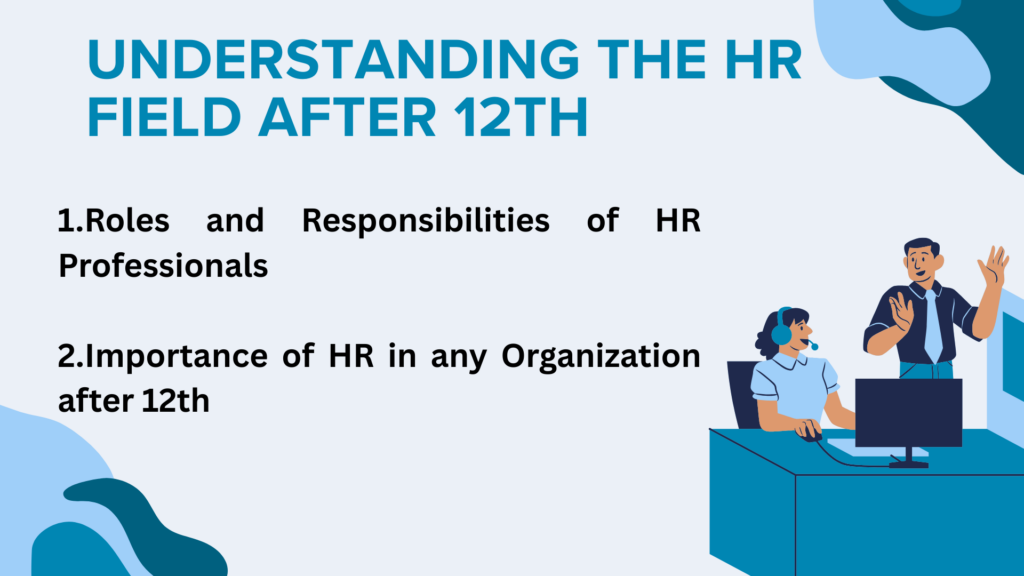
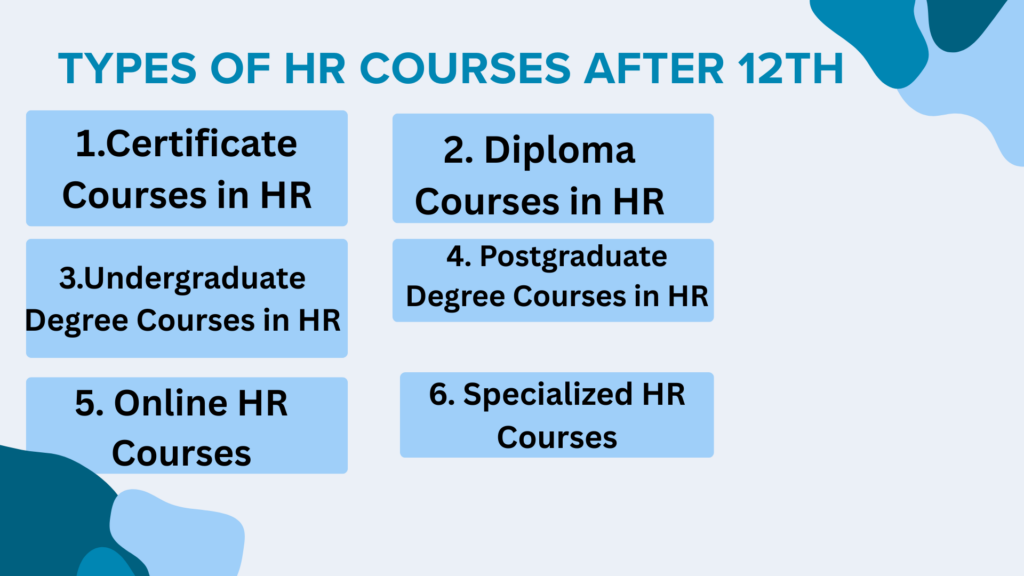
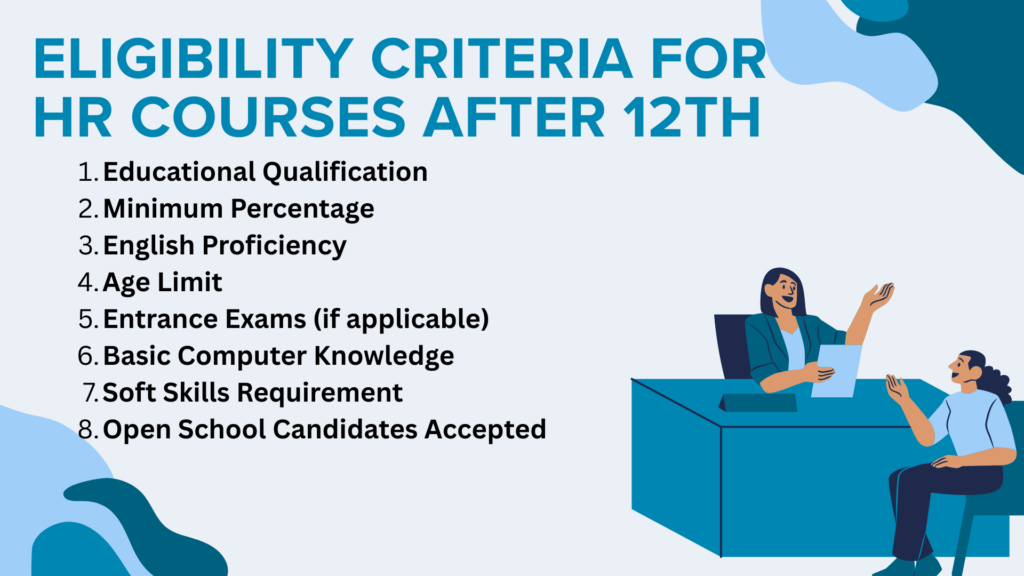
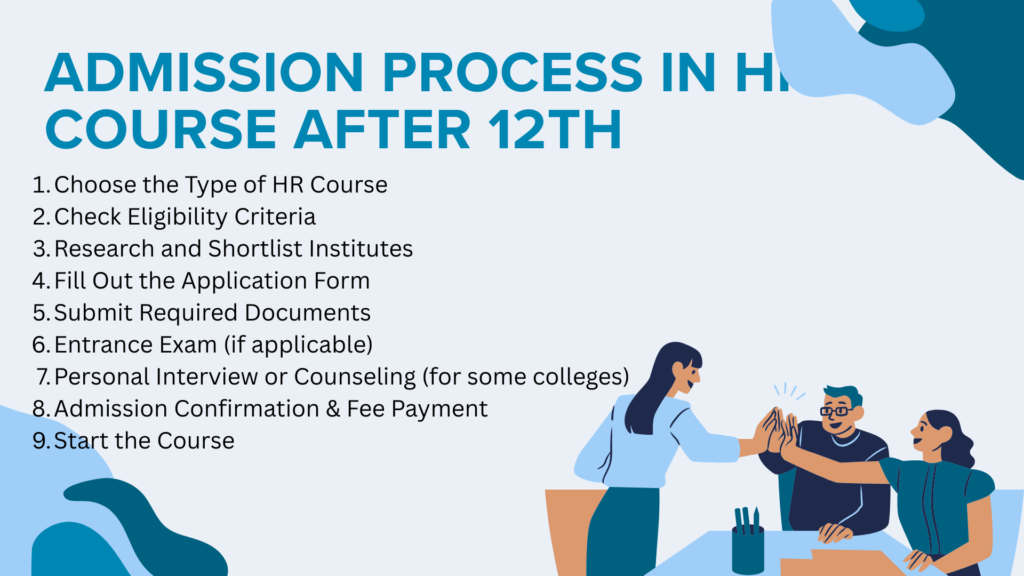
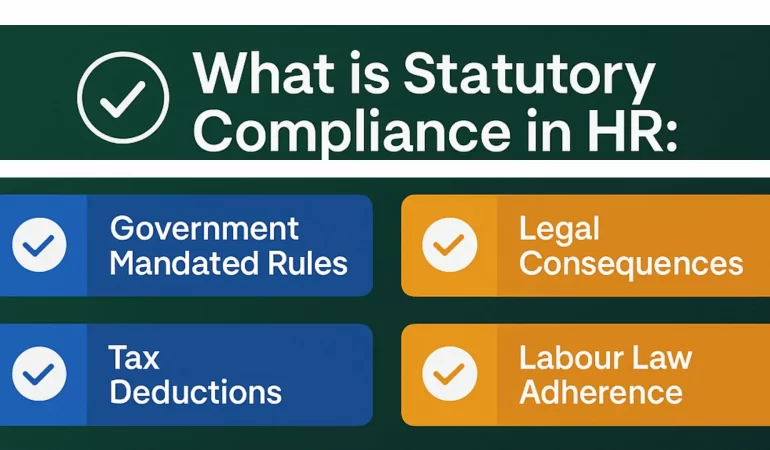
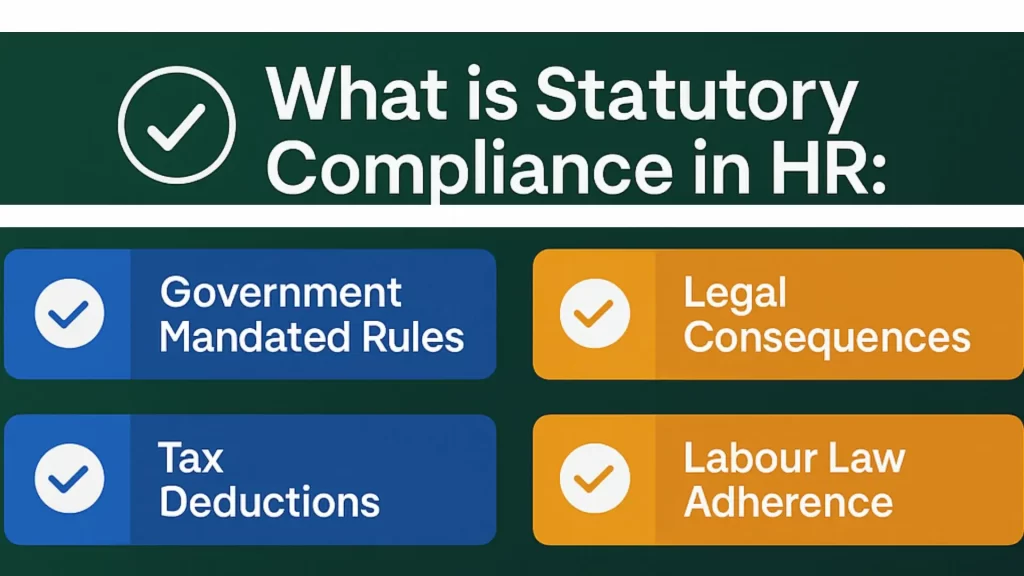
![TDS Job: Master TDS Job in Tally Easily [2025 Success Guide]](https://earnready.com/wp-content/uploads/2025/04/blog-image-28-1024x576.webp)
